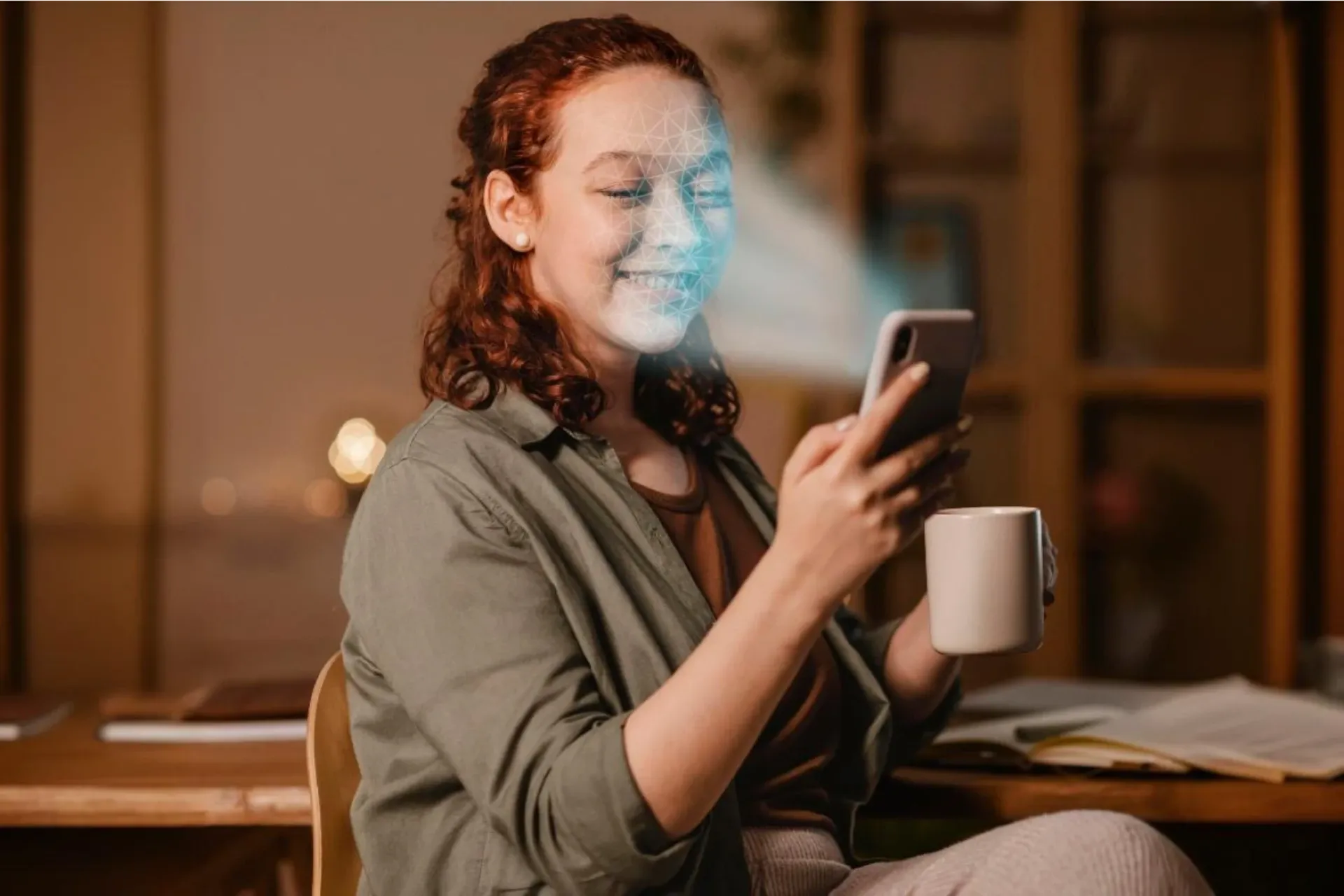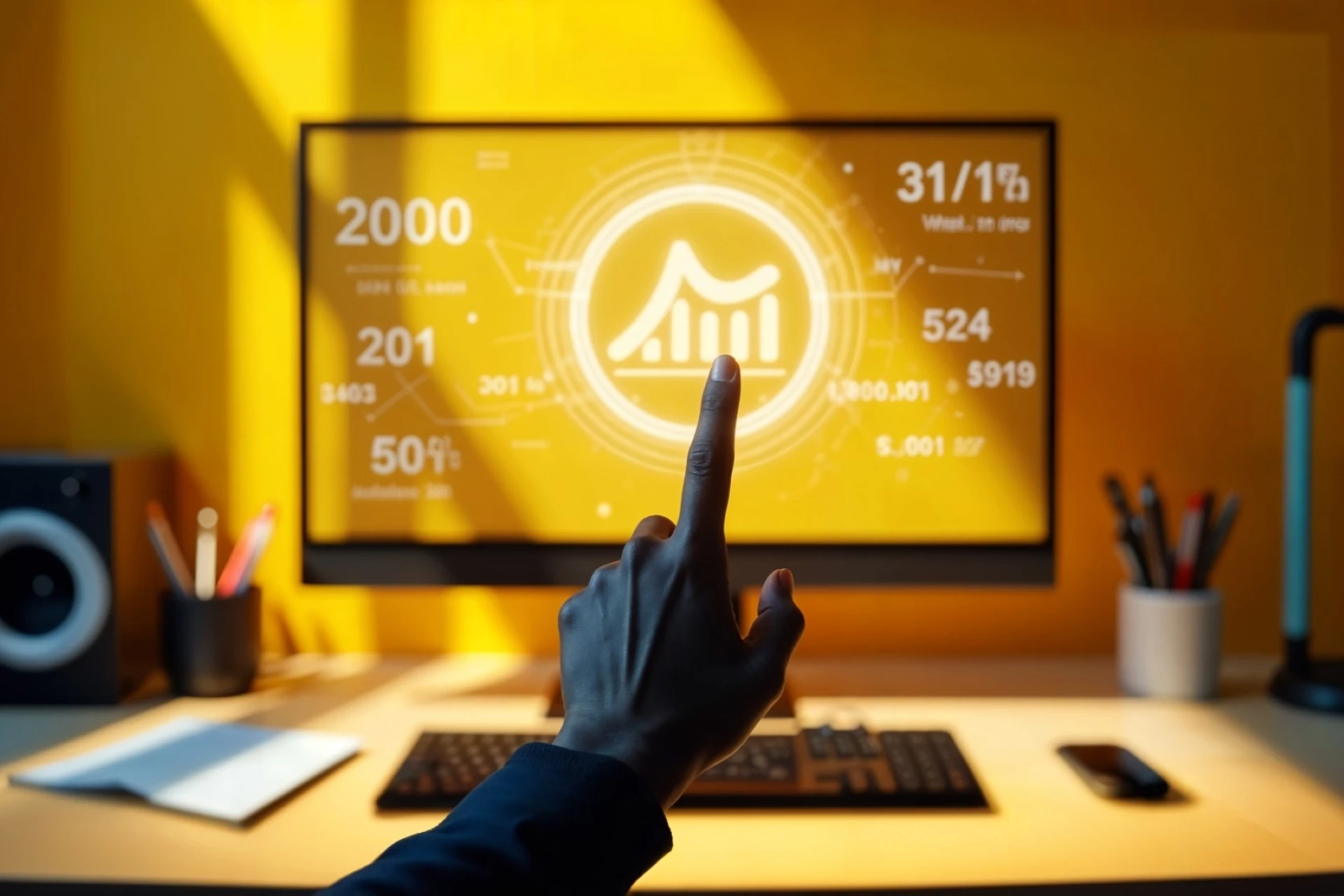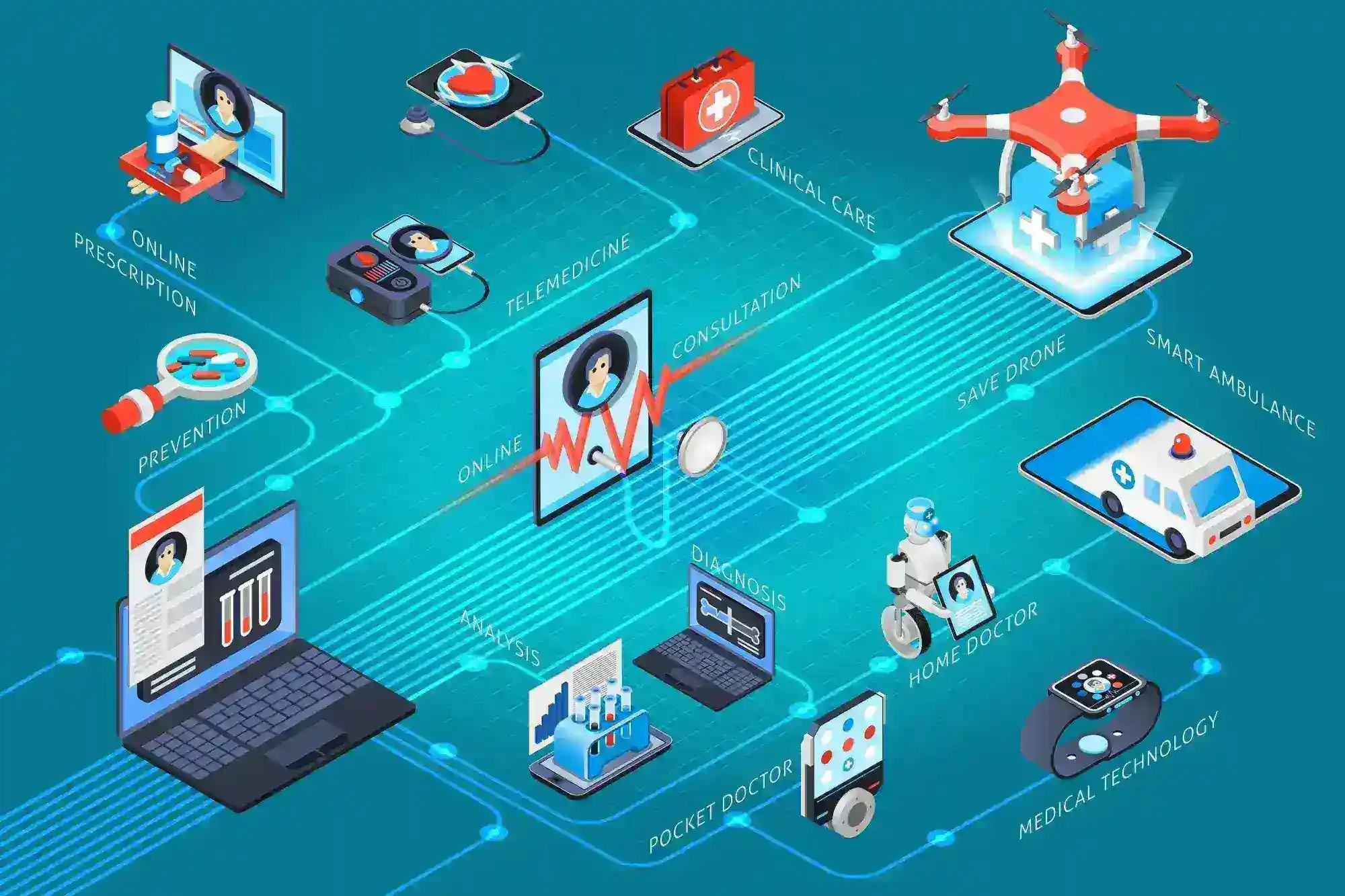In the ever-evolving world of beauty, personalization is becoming the name of the game. Gone are the days of one-size-fits-all products and routines. Instead, technology—specifically artificial intelligence (AI)—is stepping in to revolutionize how we approach our beauty regimens. From custom skincare solutions to tailored makeup recommendations, AI is enhancing personalized beauty routines like never before. Let’s dive into this fascinating intersection of technology and self-care!
Understanding Personalized Beauty
What is Personalized Beauty?
Personalized beauty refers to tailoring beauty products and routines to individual needs, preferences, and skin types. Think of it as a beauty journey customized just for you. It takes into account various factors, including skin type, concerns, and lifestyle factors.
Why Does Personalization Matter?
Personalization is crucial in beauty because it acknowledges that everyone’s skin is unique. What works for one person might not work for another. By utilizing AI, brands can offer solutions that truly meet individual needs, ultimately leading to more effective results and satisfied customers.
How AI is Transforming Beauty Routines
AI-Powered Skin Analysis
Imagine being able to scan your skin and get instant feedback on its condition! AI technology can analyze images of your skin to assess its health and needs.
- Image Recognition: AI algorithms analyze photos to identify skin issues like fine lines, dark spots, and uneven texture.
- Personalized Recommendations: Based on the analysis, AI suggests products tailored to your specific skin type and concerns.
Examples of Apps that Scan Your Skin
Many beauty brands and dermatology clinics have launched apps that use AI to scan your skin. Here are a few notable ones:
SkinVision: An app that analyzes moles and skin lesions for early detection of skin issues.
YouCam Makeup: Offers skin analysis and product recommendations, providing personalized beauty advice based on skin assessments.
Olay Skin Advisor: Analyzes skin and suggests products for improvement, helping create tailored skincare routines for various skin types.
Tailored Skincare Solutions
Creating Custom Formulations
One of the most exciting advancements in personalized beauty is the ability to create custom skincare formulations using AI. Here’s how this process works:
- Skin Assessment: Users complete a detailed questionnaire or upload photos of their skin.
- Algorithm Processing: AI analyzes the information and formulates a product that addresses the user’s specific concerns.
- Product Creation: The customized product is then manufactured and sent to the user.
Benefits of Custom Formulations
- Targeted Ingredients: Each formulation is designed to include only the ingredients your skin truly needs.
- Reduced Waste: By focusing on personalized products, there’s less chance of purchasing items that don’t work for you.
- Enhanced Results: Customized products can yield better results since they are tailored to individual needs.
Smart Beauty Devices
The Rise of Smart Devices in Skincare
AI is also making waves with smart beauty devices that help enhance skincare routines. These devices use AI technology to provide real-time feedback and personalized recommendations.
- Real-Time Feedback: Users can monitor their skin health and adjust their routines based on device feedback.
- Personalized Guidance: Many devices offer personalized routines based on individual skin assessments.
- Gamification: Some devices turn skincare routines into fun challenges, encouraging consistent use.
Devices Leading the Charge
Let’s take a closer look at some smart beauty devices:
Foreo Luna 3: This cleansing device uses T-Sonic technology to offer customizable cleansing routines tailored to different skin types.
Neutrogena Skin360: This device analyzes skin and suggests products based on individual needs, providing insights into skin health.
Olay’s Skin Advisor: An innovative tool that offers personalized skincare advice through detailed skin scans and product recommendations.
AI in Makeup Customization
Personalized Makeup Recommendations
Artificial intelligence is revolutionizing the makeup industry by providing personalized product recommendations tailored to individual users’ skin tones, types, and personal preferences. One of the most significant advancements in this area is skin tone matching, where AI algorithms analyze a user’s skin tone to suggest the perfect foundation shade that blends seamlessly with their complexion. This technology minimizes the guesswork often associated with selecting makeup products, making the shopping experience more efficient and enjoyable.
Additionally, AI enhances user experience by considering style preferences; users can specify their desired makeup styles—whether they favor natural looks or bold statements—and receive recommendations for products that align with these choices. This level of personalization not only helps consumers find the right products faster but also builds confidence in their makeup decisions.
Makeup Apps Leading the Way
Several innovative makeup brands and applications have successfully integrated AI into their platforms to offer personalized recommendations and enhance user engagement. Sephora Virtual Artist is a prime example, allowing users to virtually try on various makeup products through augmented reality, enabling them to see how different shades and styles would look on their unique features. Another notable tool is Lancôme Shade Finder, which accurately matches foundation shades to individual skin tones, thereby simplifying the often daunting task of finding the perfect match.
Modiface also stands out by utilizing augmented reality technology to simulate different makeup looks, allowing users to experiment with various styles before making a purchase decision. These applications not only provide a fun and interactive experience but also empower users to make informed choices, ultimately enhancing customer satisfaction and loyalty.
Data-Driven Insights for Brands
Beyond personalizing the shopping experience, AI also offers valuable data-driven insights for beauty brands, helping them understand consumer preferences and behaviors on a deeper level. By analyzing consumer data, AI can identify trends and shifts in makeup preferences, allowing brands to stay relevant and ahead of the competition. Trend analysis is crucial in this regard, as it helps brands track what styles, products, and shades are gaining popularity among consumers. This proactive approach enables companies to adjust their offerings in real-time, ensuring they meet consumer demands effectively.
Furthermore, AI facilitates the creation of feedback loops, where continuous data collection allows brands to refine their products and marketing strategies based on actual consumer feedback. By leveraging these insights, beauty companies can enhance their product lines and deliver marketing messages that resonate with their target audiences, ultimately driving sales and fostering brand loyalty.
Brands Using AI for Insights
Here are some brands that are successfully implementing AI for better consumer insights:
L’Oréal: This company analyzes consumer reviews to refine its product lines, ensuring they meet customer expectations and needs.
Estée Lauder: Uses AI to monitor social media trends, allowing for quick adaptation to emerging beauty trends and consumer desires.
Procter & Gamble: This brand employs AI to optimize its marketing strategies and product development based on consumer insights and preferences.
Enhanced Shopping Experiences
AI-Driven Virtual Try-Ons
Shopping for beauty products can be overwhelming. Thanks to AI, virtual try-ons are becoming a reality, allowing customers to see how products look on them before purchasing.
- Augmented Reality (AR): Brands are using AR technology to let users “try on” makeup virtually.
- Personalized Shopping: AI recommends products based on users’ previous purchases and preferences.
Benefits of Virtual Try-Ons
- Reduced Returns: Customers are less likely to return products if they can visualize how they will look beforehand.
- Convenience: Shopping becomes more engaging and convenient with virtual try-ons, providing a fun experience.
AI for Skin Health Monitoring
Long-Term Skin Health Tracking
Beyond immediate skincare needs, AI can help track long-term skin health.
- Historical Data Analysis: AI analyzes historical data to identify trends in skin health and recommend adjustments over time.
- Lifestyle Integration: By considering factors like diet and environment, AI can provide holistic advice for maintaining skin health.
Wearable Devices for Skin Monitoring
Wearable devices are emerging that can continuously monitor skin health. For instance, smart patches can track hydration levels, UV exposure, and more:
EpiPen: Monitors skin condition and provides real-time feedback on hydration and UV exposure.
Skin Patch: A wearable device for skin analysis that offers continuous monitoring and syncs data with mobile apps.
Ethical Considerations in AI Beauty
| Concern | Description |
| Navigating Privacy Concerns | With the rise of AI in beauty routines, ethical handling of consumer data is essential. |
| Key Considerations: | – Transparency: Brands should openly communicate how they use consumer data to build trust. – Consent: Obtaining informed consent for data collection is vital for maintaining ethical standards. |
| Bias in AI Algorithms | The potential for bias in AI algorithms poses a significant challenge for beauty brands. |
| Key Considerations: | – Inclusive Data: Utilizing diverse datasets for training AI models helps avoid biases and ensures products are effective for everyone. – Continuous Improvement: Regularly updating algorithms to include broader representation is essential for fairness in beauty solutions. |
The Future of AI in Beauty
What’s Next for AI and Personalized Beauty?
The future of AI in beauty is bright and full of possibilities. As AI technology advances, we can expect even more personalized recommendations and solutions. The integration of AI with lifestyle factors will make beauty routines even more relevant and impactful.
Potential Challenges Ahead
Despite its potential, AI in beauty may face challenges such as technical limitations in ensuring tools work across diverse skin types and conditions. Building consumer trust in AI solutions is also essential for widespread adoption.
Consumer Education and Engagement
Empowering Consumers with Knowledge
As AI becomes more integrated into beauty routines, educating consumers is key. Brands should offer resources that help users understand how to make the most of AI-driven tools.
- Workshops and Tutorials: Brands can provide workshops on effectively using AI tools for personalized beauty.
- Engaging Content: Creating informative blog posts and videos can help demystify AI technologies for consumers and enhance their understanding.
The Role of Beauty Influencers
Influencers as AI Ambassadors
Beauty influencers play a crucial role in promoting AI technologies to their followers. By sharing their experiences with AI-driven products, they can help demystify the technology and encourage adoption.
- Authenticity: Influencers can provide honest feedback, helping consumers feel more comfortable with new technologies.
- Reach: With their vast audiences, influencers can spread awareness about the benefits of personalized beauty routines powered by AI.




